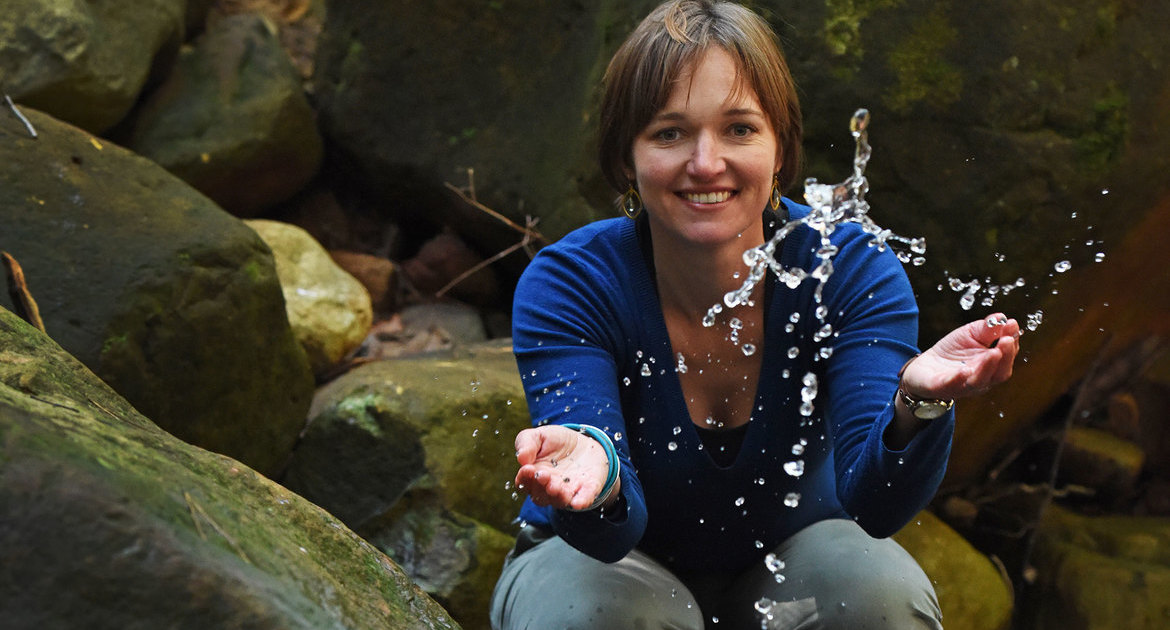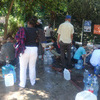Africa first for UCT’s cybersecurity
24 May 2019 | Story Supplied. Photo Richard Patterson, Flickr. Read time 3 min.
The University of Cape Town’s (UCT) focus on cybersecurity has seen the institution honoured as the first of its kind in Africa to be granted full membership of the Forum of Incident Response and Security Teams (FIRST), the recognised global leader in incident response.
UCT is only the third organisation in South Africa and the 14th on the continent to be listed as a full member, in recognition of the significant efforts made by the university’s Computer Security Incident Response team (CSIRT) to ensure its network and digital assets remain protected.
Cybercrime is on the rise, and higher education institutions continue to be at high risk of being attacked not only for their data, but also for their IT infrastructure, according to Roshan Harneker, senior manager for Information and Cybersecurity Services (ICS), who led the application.
“If accessed, the IT infrastructure can potentially aid cybercriminals with their illegal activities,” she said.
Prestigious forum
Founded in 1990, FIRST is a prestigious forum recognised as a global leader in incident response. It has only 483 members from 84 countries, representing the public, private and education sectors.
“This significant achievement sees UCT once again raising the bar in cybersecurity.”
Harneker said UCT is “in good company”, and that the membership will aid and strengthen the institution’s existing CSIRT capabilities.
“My team and I are very happy with this outcome, which has taken us a solid seven months of work to achieve.”
UCT was assisted in its application by NRD Cyber Security, a consultancy specialising in security tech, incident response and research.
The membership allows UCT access to a network of the world’s leading security experts, said Harneker. The university will also receive support in effectively and proactively managing IT security-related incidents.
“This significant achievement sees UCT once again raising the bar in cybersecurity, and we hope it will inspire other higher education institutions to join this exclusive forum too,” she said.
 This work is licensed under a Creative Commons Attribution-NoDerivatives 4.0 International License.
This work is licensed under a Creative Commons Attribution-NoDerivatives 4.0 International License.
Please view the republishing articles page for more information.
Cape Town water crisis
At UCT our researchers have been analysing the causes of the current drought, monitoring water usage on campus and in the city, and looking for ways to save water while there is still time. As part of UCT’s water-saving campaign, all members of the campus community are encouraged to reduce their water use by half, which will help Cape Town to meet its water-use goals and ensure a water-sustainable university in the future.



























